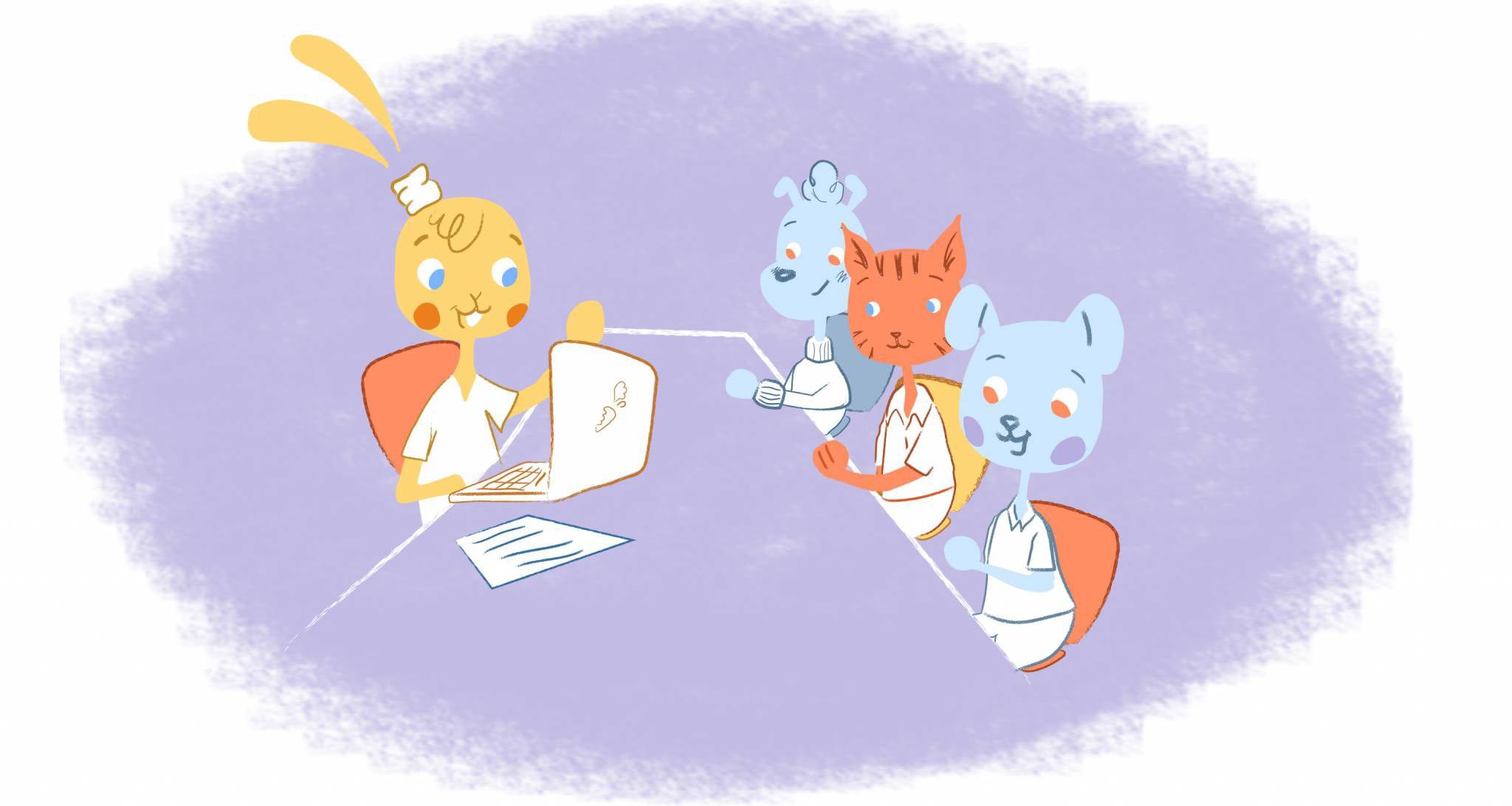

I’ve been staring at this screen for what seems like an hour. Instead of cranking out this article, I check the lineup for my fantasy baseball team, started reading a Teddy Roosevelt biography, watched a couple of Ted Ed videos, and now, I’m looking out the window.
Yeah. I’m wasting a lot of time right now.
But, does this necessarily have to be a bad thing?
There has been a wide-range of research that shows that wasting time can actually be beneficial. For example, after analyzing 286 penalty kicks, researchers found that the best decision for a goalkeeper would be to do nothing. A third of all penalty shots go straight into the center of the net. Jumping to the left or right means that they’ll be less likely to make the save.
The same idea can be applied to traffic.
Changing lanes “gets you there in about the same time, but lane changes –especially on the highway — can cause car accidents,” Dr. Robert Tibshirani told ABC News. “So the ultimate conclusion is that it’s not any faster and it’s dangerous.”
More importantly, there’s a psychological benefit to wasting time that can make you more productive.
How Wasting Time Will Make Productive
“There’s an idea we must always be available, work all the time,” says Michael Guttridge, a psychologist who focuses on workplace behavior. “It’s hard to break out of that and go to the park.” But, working non0stop can end-up draining your productivity. You start zoning-out and get distracted by trivial things, (like noises) and wasteful activities — like checking out your social media channels.
Even worse, you can get burned out. As a result, you become more stressed — which can lead to exhaustion, detachment, and feelings of ineffectiveness.
“Wasting time is about recharging your battery and de-cluttering your mind,” says Guttridge. In fact, Guttridge says that being absolutely unproductive isn ‘t just fulfilling, it can also make you better at your job.
I know what you’re thinking. How can you just sit there and do nothing when there’s a million things to get done? The answer? Schedule a few minutes a day into your calendar where you don’t do a thing.
As a result, the serenity you experience will:
- Help you avoid getting burned out.
- Give you a chance to catch your breath and reflect.
- Relax your body, which in turn, will reduce stress and anxiety.
- Rearrange ideas and build momentum towards future goals.
- Determine or reevaluate your priorities and goals.
Think this is impossible?
It’s a tactic used by a number of successful and busy individuals, such as LinkedIn CEO Jeff Weiner. In his calendar, he has sections known as “buffers” that are “kept clear of meetings.”
“I schedule between 90 minutes and two hours of these buffers every day (broken down into 30- to 90-minute blocks),” Weinter writes in a LinkedIn post. “It’s a system I developed over the last several years in response to a schedule that was becoming so jammed with back-to-back meetings that I had little time left to process what was going on around me or just think.”
He suggests that people use this time to “think big, catch up on the latest industry news, get out from under that pile of unread emails, or just take a walk. What ever you do, just make sure you make that time for yourself — everyday and in a systematic way — and don’t leave unscheduled moments to chance.”
Wasting Time the Right Way
Of course, there is a catch here. In order to reap the benefits of wasting time, you need to make sure you’re spending it wisely.
For example, binge-watching an entire season of a show on Netflix in one day possibly is not the best use of your time. However, reading a book and playing basketball with your kids is definitely time spent well.
There’s a thin line here. But, the easiest way to ensure that you’re wasting time in a good way is that it’s an investment. Here’s a couple of examples:
- Activities that teach you new skills. You could also partake in activities that enhance your existing skills.
- Hobbies that can make you a better person, like reading, exercising, or gardening.
- Activities that give you a chance to recharge your batteries, such as reflecting.
- Building or strengthening relationships, like spending quality time with your family.
A bad waste of time would be activities that have no mental or physical benefit. Another example you be devoting time to travel activities when there are higher priority tasks that need to get done.
How You Can Start Wasting Time to be more productive (or Just Taking a Break)
For those of us who are new to wasting time, here’s a couple of pointers to get you started.
For starters, you don’t need to devote an entire day to doing nothing. You don’t even need to block out two hours a day like Jeff Weiner. Set aside an hour in your calendar and go from there.
Focus on good wastes of time. Meditating, reflecting, and going for a walk outside are all excellent ways to kill some time. Not watching mindless reality shows or liking every Facebook status in your feed.
And, make sure that you savor the moment. On a Saturday morning, for example, have a long and unrushed breakfast. When you’re done. Don’t do the dishes immediately. Read the paper or have a chat with your family instead.











Max Palmer
I'm Max, and I love helping businesses we work with expand their businesses online. Growth potential is what we strive for! I help with press, productivity and overall business needs for business owners.